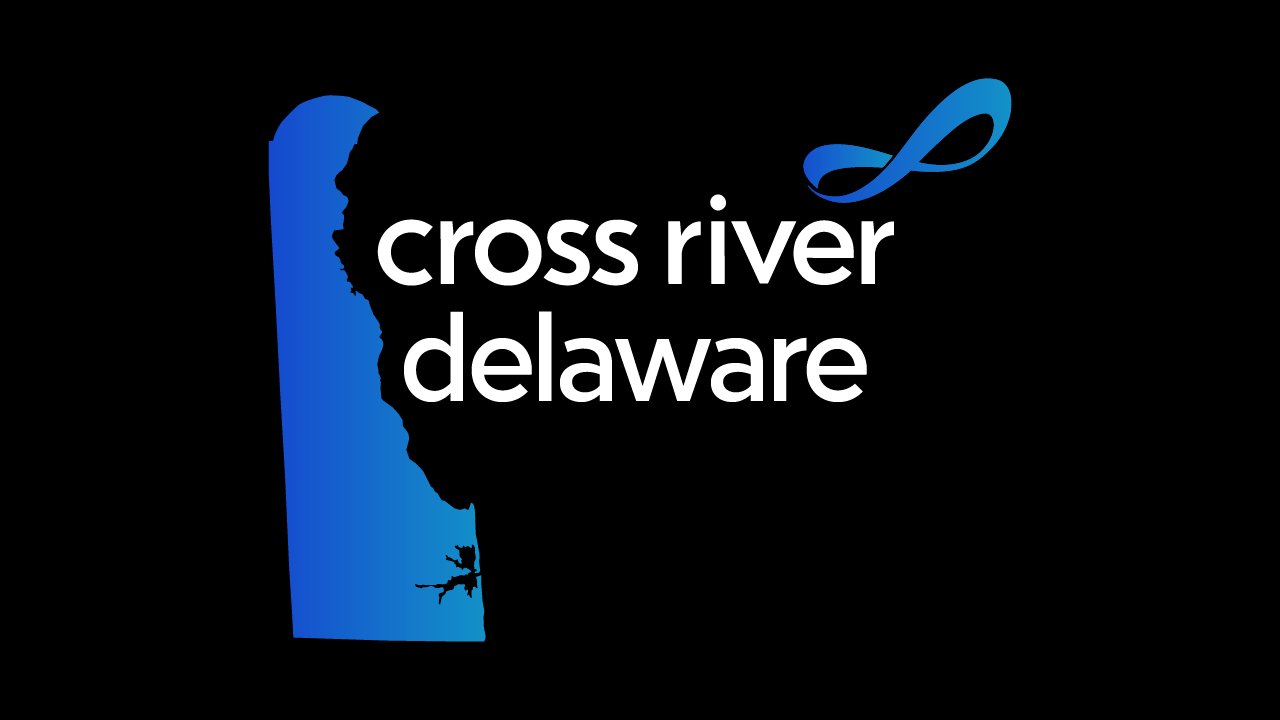Private Payrolls Shrink; Wise, Circle & Ripple Seek Charters; Bolt and Klarna Partner

U.S. private payrolls shrink, but job openings increase. OCC shelves disparate impact framework. Circle, Wise, and Ripple seek OCC charters. Kalshi raises $185Mn. U.K.’s Starling looks for a U.S bank to buy. Klarna and Bolt partner. Affirm offers in-game BNPL.
New here? Subscribe here to get our newsletter each Sunday. For even more updates, follow us on LinkedIn.
Private Payrolls Decline
Private payrolls dropped by 33,000 in June, the first decrease in over two years. The decrease comes after a downwardly revised gain of just 29,000 private sector jobs in May, per ADP data released last week. The drop in June was driven primarily by service sector jobs, particularly in professional, healthcare, and education fields. While workers haven’t seen mass layoffs, employers have been reluctant to hire, allowing attrition to shrink headcount by choosing not backfill roles when workers quit. Conference Board data reflects that the proportion of consumers who said jobs were plentiful last month dropped to a four-year low.
Still, job openings unexpectedly rose in May, Bureau of Labor Statistics data shows. The number of available roles increased by nearly 375,000 to 7.77Mn, exceeding economists’ expectations. Openings in the hospitality sector drove the surge, accounting for nearly three-fourths of openings in May.

OCC Shelves Disparate Impact
The Office of the Comptroller of the Currency will no longer assess fair lending compliance for banks it oversees using “disparate impact,” Bloomberg Law is reporting. Instead, OCC examiners will rely only on “disparate treatment,” which prohibits lenders from discriminating against borrowers directly on the basis of a protected characteristic, such as race, gender, age, or marital status. Disparate impact is the notion that a seemingly neutral characteristic, such as type of mobile phone (iPhone vs. Android) or mobile phone provider (say, AT&T vs. Boost Mobile), may serve as a sort of proxy for a protected characteristic, without a legitimate business justification for using such data. The move from the OCC comes amid a government-wide reorientation around issues of race and discrimination, as well as an April order from President Trump instructing the Department of Justice and the Equal Employment Opportunity Commission to cease using the legal theory as part of their investigations and enforcement actions.
Circle, Wise, Ripple Seek OCC Trust Charters
The “charter window” is open, and fintechs and crypto firms are looking to take advantage. In recent weeks, international payments and remittance firm Wise, stablecoin issuer Circle, and stablecoin and crypto firm Ripple have all applied for bank charters. All three have applied for OCC national trust charters, which, if granted, would allow them to custody assets and provide fiduciary services but not to hold deposits nor to make loans. In addition to potentially eliminating the need to obtain state-issued money transmission licenses, an OCC trust charter aligns with requirements of the GENIUS Act, should it pass the House and be signed into law by President Trump. Obtaining a national trust charter way also smooth the way to being granted a Fed master account, though Federal Reserve Banks have wide discretion in choosing whether or not to grant such access.
Kalshi Raises at $2Bn Valuation
Prediction market Kalshi has raised a fresh $185Mn in funding, announced last week. The round included participation from Sequoia, Multicoin Capital, and Citadel Securities’ CEO Peng Zhao, investing in his personal capacity. The new funding values Kalshi at $2Bn. Kalshi’s “prediction markets” allow users to make yes or no wagers on the outcome of events as varied as the U.S. presidential election and the impact of hurricanes to the winner of the NBA finals. Though per Bloomberg Intelligence data, nearly 80% of Kalshi’s volume in recent months has been sports-related. The company’s model, particularly its push into sports, hasn’t been without controversy. State gambling regulators in some jurisdictions have sought to block Kalshi, arguing that its event contracts are tantamount to sports betting and should be regulated at the state level. Kalshi has pushed back, arguing it holds a federal license from the CFTC that permits it to offer its sports-related events contracts nationwide.
Starling Considering Entering U.S. Market via Acquisition
U.K.-based digital-only bank Starling is looking to expand into the U.S. by acquiring a bank. Starling has hired bankers to help with the search and is specifically focused on East Coast institutions with around $2Bn in assets, Bloomberg reports. The news follows Starling’s effort to begin selling its core banking technology in the U.S. earlier this year. Starling is hardly the only British fintech looking to enter the American market. Revolut, Monzo, and OakNorth have all made efforts to enter and grow their presence in the U.S. market. Revolut has, over the years, suggested it would apply for a U.S. bank charter, though it has yet to do so. Monzo filed but ultimately withdrew an application for an OCC charter. And OakNorth acquired a small Michigan-based bank earlier this year.
Klarna and Bolt Partner
One-click checkout startup Bolt, back under the leadership of cofounder Ryan Breslow, appears to be making progress on its turnaround, striking a partnership with BNPL provider Klarna. The deal will see Klarna’s payment options integrated into Bolt’s “checkout operating system.” The integration will go live in the U.S. later this year, followed by other markets around the world. Bolt CEO Breslow told TechCrunch the deal is “a clear sign that commerce is moving in an entirely new direction,” and a Klarna spokesperson added, “By embedding Klarna into thousands of Bolt merchants, we’re scaling our U.S. footprint and making Klarna available everywhere consumers shop.”
Game Now, Pay Later
BNPL provider and POS lender Affirm announced it is teaming up with in-game payment services provider Xsolla. The tie up will allow video game makers who leverage Xsolla for in-game payments to offer buy now, pay later financing for such purchases. Purchases of at least $50 can be split into four interest-free payments. Longer-term, interest-bearing loans are also available. U.S. consumers spent just shy of $60Bn on in-game purchases in 2024, according to the Electronic Software Association, making it an attractive distribution target for BNPL providers like Affirm.

.png)

